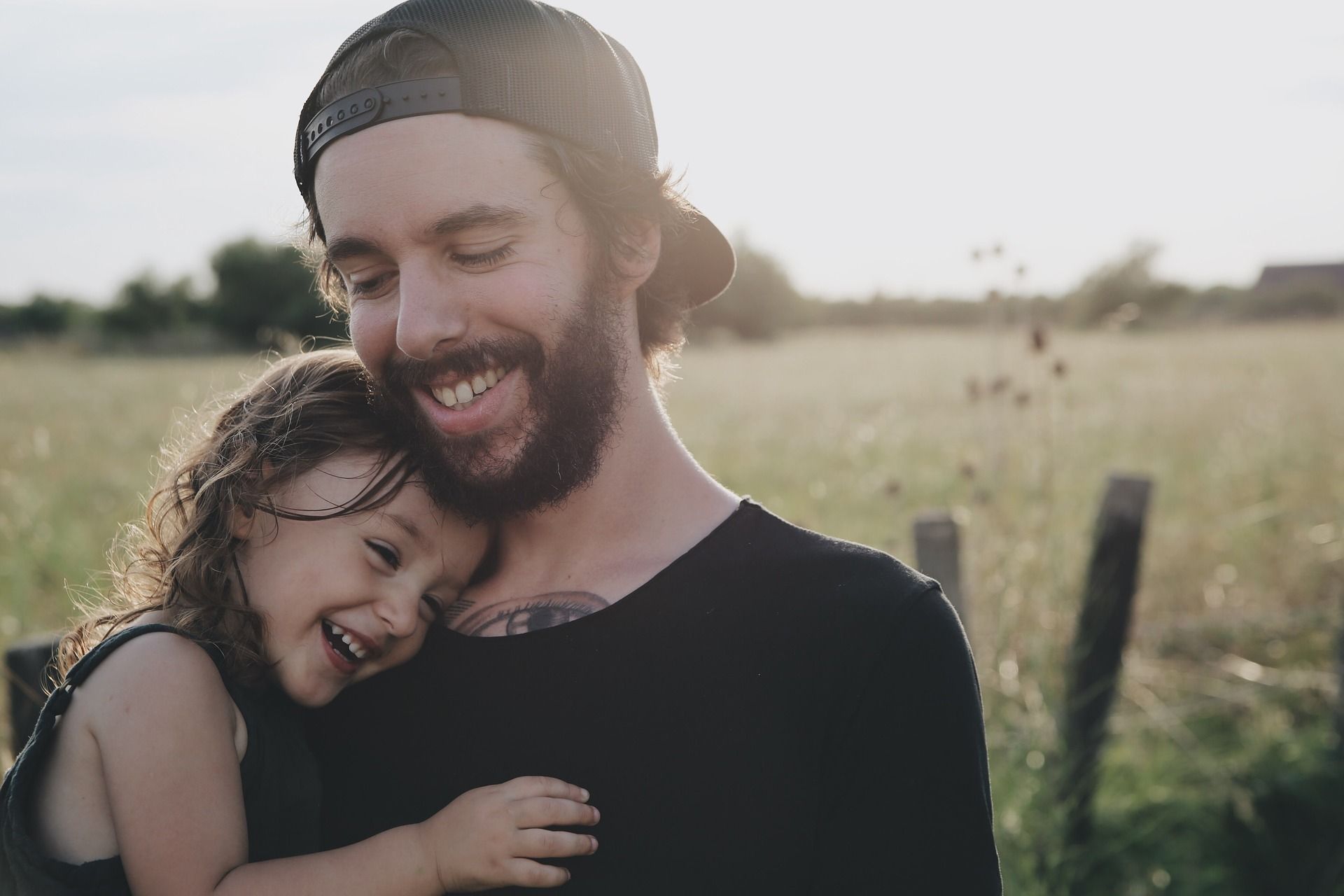ADOPTION & ART ATTORNEYS IN MARYLAND, DISTRICT OF COLUMBIA & VIRGINIA
What You Should Know When Considering Transracial Adoption
A transracial adoption, also known as interracial adoption or transcultural adoption, takes place when a child of one race or ethnic group is adopted by parents of a different race or ethnic group.
The concept of “race” is nebulous and has little scientific backing, but there is no doubt it affects people every day. This is just as true of adopted children and their families.
Of course, there are all kinds of different ways to create and grow a family. No one way is “wrong” or better than another. That said, a successful transracial adoption requires that the adoptive family be sensitive to the particular issues that might arise.
This helps the adopted child feel safe, supported, and loved from the beginning and throughout life.
Transracial Adoption Can Create a Complicated Picture for the Adopted Child
As author Nicole Chung discloses (in articles like “People Want to Hear That I’m Happy I Was Adopted. It’s Not That Simple”) transracial adoption can come with significant challenges for the adopted child.
Even with the best of intentions, parents may not be able to protect their children from all of these. Likewise, these issues can begin to have an impact at an extremely early age – as soon as preschool.
Recent figures on transracial adoption are not always easy to come by, but one study noted that about 28% of all adoptions between 2017 and 2019 were transracial. The figure has continued to grow, even as the percentage of international adoptions from some well-known countries is in decline.
Let’s look at some common concerns adoptive parents should know:
Transracial Adopted Children Will Still Face Racism
Adopting a child of a different racial background is a life-long commitment to deepening your own understanding, not only of that background, but of the problems and issues faced by those who are different. Even small children can be targeted by racism.
Racist bullying may take place in the classroom or on the school bus, for example. Even when parents succeed in creating a safe environment at home, difficulties related to race and ethnicity do occur, and misunderstandings can happen between children and their adoptive parents as well.
Transracial Adopted Children May Have Trouble “Fitting In”
Transracial adopted children may face questions about their identity that others – even other adopted children – do not. Noticing the outer differences between them and their peers, they are often drawn by curiosity to question who they are and wonder about the circumstances leading to their adoption.
Transracial adoptees often benefit from having healthy relationships with role models and mentors of their particular racial or ethnic background as well as the strong family support system provided by the adoptive parents. This can help them answer their early questions in more healthy, constructive ways.
Transracial Adopted Children May Be Intrigued by Birth Family
Transracial children all have unique experiences – some may be very drawn to their birth family’s origin, while others may not show much interest. It is important to know your child well and observe carefully for signs of struggling to “suppress” the things about them that they feel are different from their peers.
Transracial Children Benefit from Adult Allies in All Aspects of Life
Creating a nurturing environment for a transracial adoptee may require close collaboration with other responsible adults. That includes teachers, members of the extended family, and others throughout a community. As the old saying goes, “It takes a village to raise a child.”
Wondering about legal considerations that might apply to your adoption? Early advice makes things easier.





“We believe in working with each of our clients—in support of their family dynamic—to make the dreams of parenthood a reality. Whether you are single or married; or gay; a step-parent, a surrogate or intended parent or a child of adoption, it is our mission to serve as your advocate. With a dedication to the ethical and sensitive nature of each situation, we will help you understand the laws within Maryland , Virginia and Washington, DC for adoption or surrogacy, and pledge to be your partner throughout the journey.”
- Modern Family Formation Law Offices
CONTACT
All Rights Reserved | privacy policy







